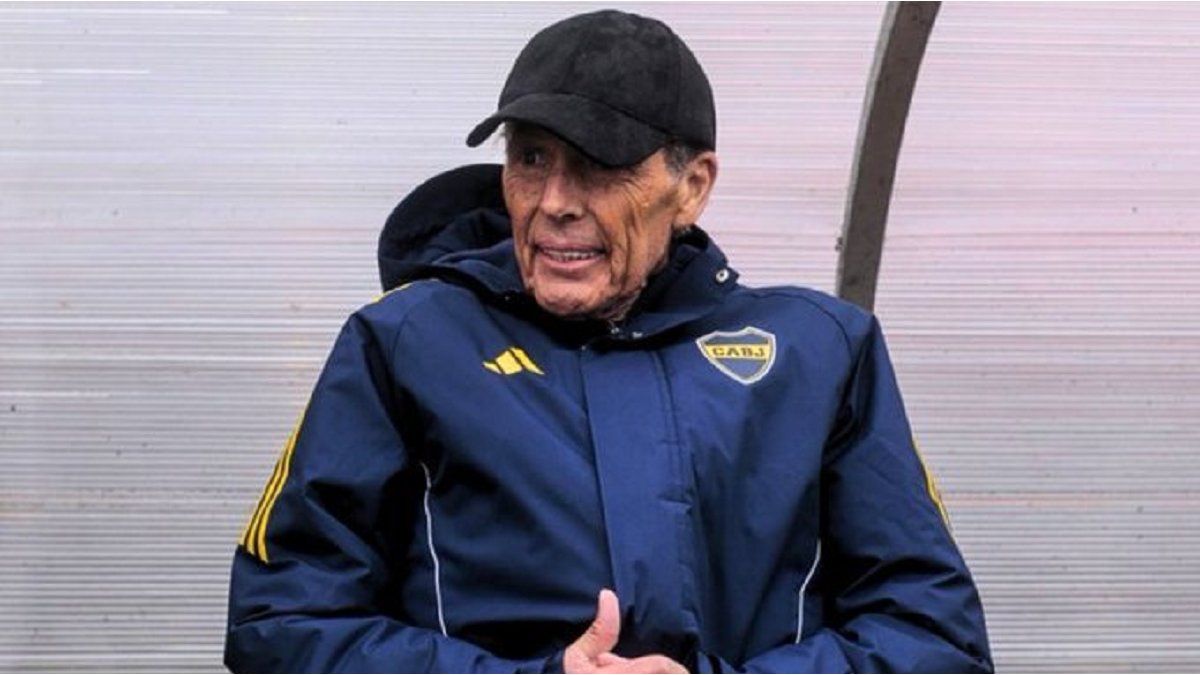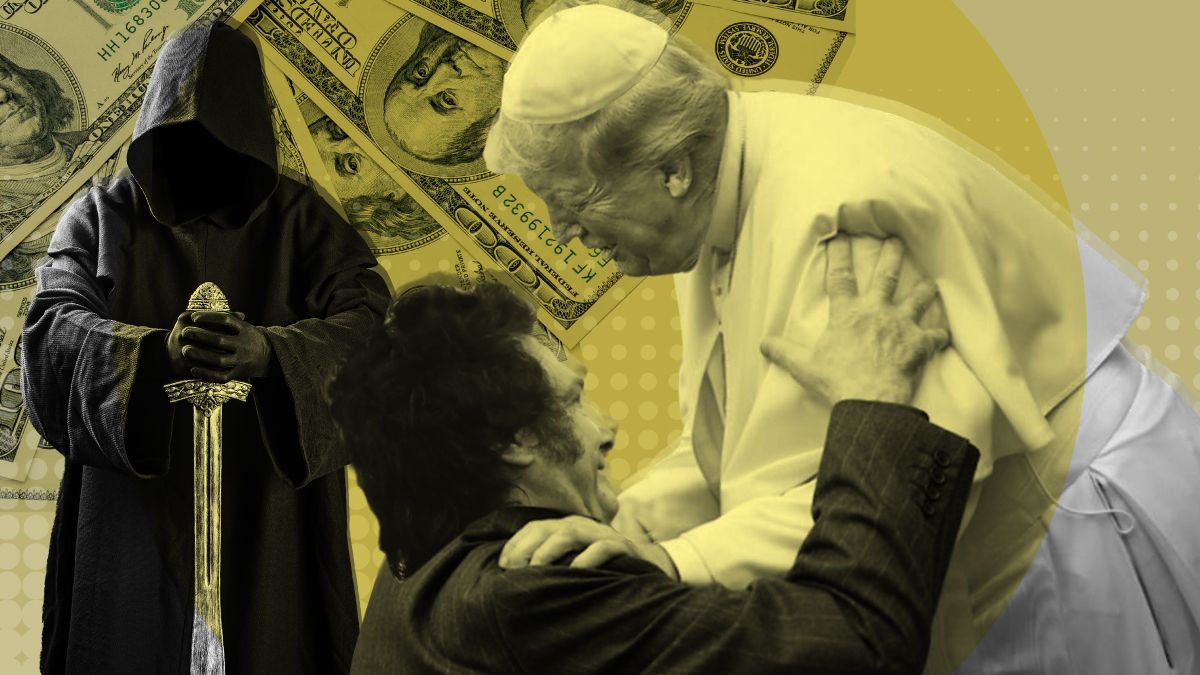I have been working in the news industry for over 6 years, first as a reporter and now as an editor. I have covered politics extensively, and my work has appeared in major newspapers and online news outlets around the world. In addition to my writing, I also contribute regularly to 24 Hours World.
Menu
Middle East: What does Macron’s move to Palestine mean?
Categories
Most Read
Nobel Peace Prize 2025: Watch the announcement in the live stream
October 10, 2025
No Comments
Middle East conflict: ceasefire in Gaza war begins
October 10, 2025
No Comments
Report: Germany orders 600 Skyranger tanks for drone defense
October 10, 2025
No Comments
Healthcare: Deloitte: Health insurance deficits will increase massively
October 10, 2025
No Comments
Situation at a glance: Israel’s cabinet approves Gaza agreement with Hamas
October 10, 2025
No Comments
Latest Posts

How much should I invest in October 2025 to earn $100,000 in 30 days
October 10, 2025
No Comments
October 10, 2025 – 10:30 The financial institution offers various capital investment possibilities to its clients. Scope He Banco Nación offers investment alternatives in fixed

Miguel Ángel Russo’s last request to his family before he died was known: the link with Boca
October 10, 2025
No Comments
October 10, 2025 – 10:25 The coach made a particular request to his family before he died, which shows his commitment to the club he

What is said at the tables: Habemus rescatum!, the White House’s consultations with the “Money Doctor” and the prayer for 26-O
October 10, 2025
No Comments
Manager: —Are you sure they called Steve (Hanke)? Lobbyist: —Yes, most certainly, in fact, I can tell you that he already visited, secretlytwice the White
24 Hours Worlds is a comprehensive source of instant world current affairs, offering up-to-the-minute coverage of breaking news and events from around the globe. With a team of experienced journalists and experts on hand 24/7.

